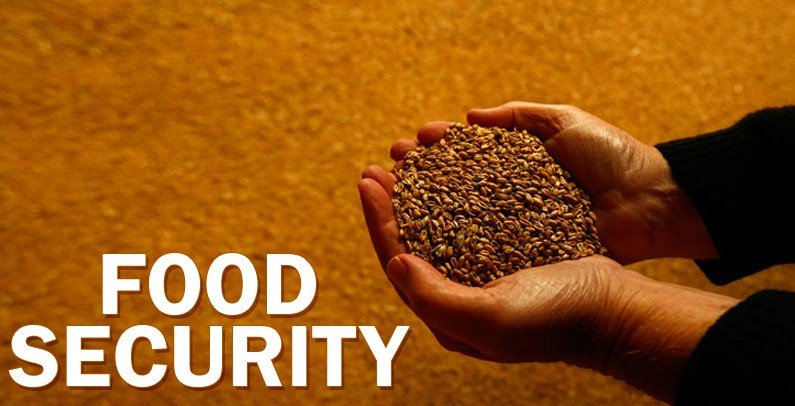
Changing climate is a potential driver of change in sustainable food and energy production. It directly and indirectly affects food and energy security by threatening food production and end use quality. Moreover, there is a gradual decrease or loss of natural resources of food and energy as a result of natural disasters, along with climate change. In recent years, Pakistan has faced overwhelming losses due to only floods that have negatively impacted infrastructure and the agriculture sector in Pakistan. In 2010 alone, those losses exceeded US$ 9.6 billion. Since 2010, five consecutive floods resulted in more than US$25 billion of economic loss in damages to different sectors like agriculture, irrigation, public infrastructure, health and educational facilities, etc. Industries associated with cotton, which is the main cash crop in the country, are among the most affected. In addition to severe weather modifications, increasing population and urbanization are also contributing to security issues, including, but not limited to issues of adequate food, production supply, and poverty control.
According to the United Nations forecast, the worlds population is expected to increase from 7.2 billion to 8.1 billion in 2025. Likewise, Pakistan is also facing the same situation of increasing population and climate change impacts on economy. Severe increase in temperature and heat waves has also negative impacts on food production as well as energy sustainability. Energy (in terms of electricity) consumption has grown up than the production potential of the country as a consequence of increasing warm weather. Ultimately, prices gone up when there is more consumption than production. Therefore, all these aspects of climate change are interrelated with socio-economic issues. There is a need to develop long term policies on regional and national levels for maintainable economic growth.
Climate change can be the result of natural causes, human activities, and the emission of greenhouse gases such as carbon dioxide and methane and changes in land use. Climate change brings modifications in duration and intensity of weather conditions by creating warmer temperatures, changes to rainfall pattern, and increased frequency and severity.
The Fifth Assessment Report of the Inter-governmental Panel on Climate Change describes a clear human influence on climate behaviour. This report states that: “Climate change will amplify existing risks and create new risks for natural and humans” (Climate Change 2014 report by IPCC). Risks associated with climate change can be due to harsh weather conditions such as severe heat waves, excessive precipitation, and continuous flooding. The intensity of heat waves has increased in large parts of Europe, Asia, and Australia. Similarly, the occurrence of heavy precipitation events has also increased in land.
Food security is primarily related to crop production and food accessibility; both of these elements are directly affected by climate change. Thus, climate change is a main factor determining global, national, and regional food security. According to a media report, natural calamities would show increased frequency in the country. The one single event of devastating 2010 flooding eroded away 6 percent of our GDP. The World Wide Fund for Nature-Pakistan (WWF-Pakistan), in collaboration with the London School of Economics-Political Sciences and Lahore University of Management Sciences presented a report and highlighted the issue of climate change in Pakistan and its impact on agriculture and food security. According to this report, changing climate will directly affect agricultural productivity. By 2040, an increase in average temperature of 0.5 degree Celsius is expected nationwide, with 8-10 percent loss in terms of all crops corresponding to Pakistani rupees 30,000 per acre.
The 2014 German Watch Index, a German-based prestigious think-tank on climate change, reported Pakistan as among top ten most vulnerable countries in the world. Only during 2010, the flood resulted in 6 percent loss or countrys GDP.
There are considerable number of developing countries that have achieved the goal of food security successfully. There is no doubt that a successful food security policy has three basic characteristics including political stability, good governance and strong economic growth. Ensuring food sustainability under climate change will play important role in social welfare and environmental security by improving economic and ecosystem stability, respectively. In the light of the growing population issue and related increased food and energy demand in Pakistan, there is a need to develop long-term policies at government level to fight hunger and to feed the people.